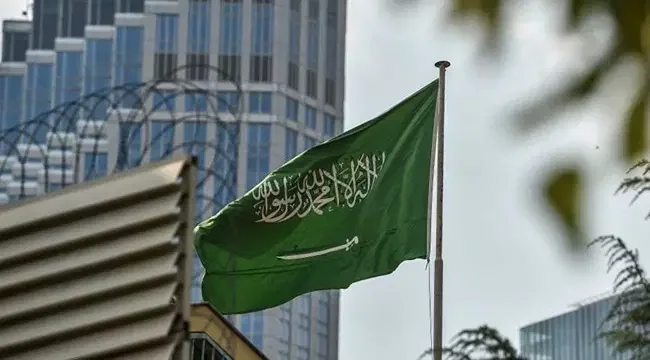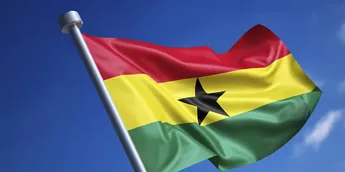
Rivers are essential to a nation's natural ecosystem but some countries are without such natural gifts.
Rivers, aside from supplying fresh water, support agriculture, provide transport, and even power cities through hydropower.
However, countries like Saudi Arabia, Qatar, and the Maldives function, relying on alternative sources of water supply.
Here are 10 countries without rivers from around the world
Saudi Arabia
Saudi Arabia is one of the largest desert countries that primarily relies on underground aquifers and an extensive network of desalination plants. Saudi Arabia is a leader in converting seawater into fresh drinking water, supplying approximately 50% of its needs and the lack of rivers has also profoundly impacted agricultural practices in the kingdom
Bahrain
Bahrain is a small island nation that has no rivers and relies on natural springs and desalinated plants to convert seawater into drinking water providing about 90% of Bahrain's freshwater supply.
Farmers rely on groundwater from wells, which is increasingly being depleted due to over-extraction and limited rainfall.
Malta
Malta is an island that relies primarily on rainfall, and groundwater and invests in desalination plants, which convert seawater into drinking water, providing approximately 70% of the island's potable water.
Kuwait
Kuwait is a country that is mostly known for its dry climate and lack of freshwater resources due to its lack
of rivers. The majority of the nation's water supply is produced by desalination technology, which turns salt water into potable water.
United Arab Emirates
United Arab Emirates is one of the world's biggest producers of desalinated water, with desalination facilities providing about 80% of its water supply. The UAE has made large investments in desalination technology due to its primarily dry environment and scarcity of freshwater supplies. It
Qatar
Qatar is another nation without natural rivers and mainly depends on other water sources to supply its demands. there is a severe shortage of freshwater due to the country's arid climate which has led to a large investment in desalination plants, which turn saltwater into drinkable water and provide about 99 percent of Qatar's drinking water.
Libya
Libya is another country that lacks rivers and faces several difficulties because of its desert terrain. The main sources of water supplyto the country is aquifers, which are subterranean layers of rock that contain water, and the Great Man-Made River (GMR) project. Beginning in the 1980s, this massive project entails a vast network of pipelines that deliver fossil water from Sahara Desert aquifers to coastal communities, supplying essential water resources for agriculture and consumption.
Yemen
Yemen is another country that suffers greatly as a result of the lack of rivers and depends on a mix of seasonal rainfall and subterranean aquifers. This is a desert country hence water scarcity is a major problem for its citizens and over-extraction brought on by the dependence on groundwater supplies has caused water tables to drop, worsening the water problem. The water situation is now more tense in recent years due to continuous conflict.
Oman
Oman also lacks rivers and is largely dependent on subterranean aquifers and seasonal precipitation. Omani culture has reacted to its water constraint by creating a traditional irrigation system called falaj that directs groundwater to agricultural areas.
Vatican City
Vatican City, the world's smallest independent state, presents specific challenges due to a lack of rivers. The Vatican relies largely on external water supplies, including Rome's massive aqueduct system.















Comments